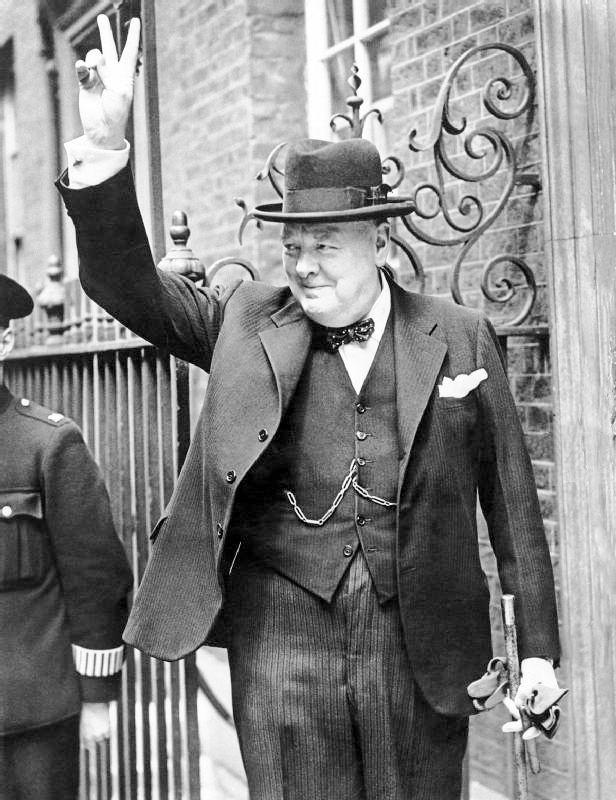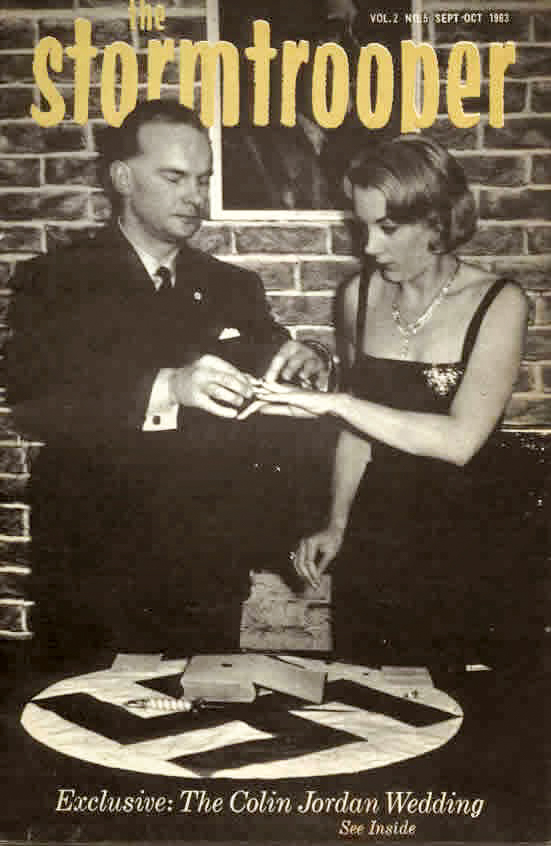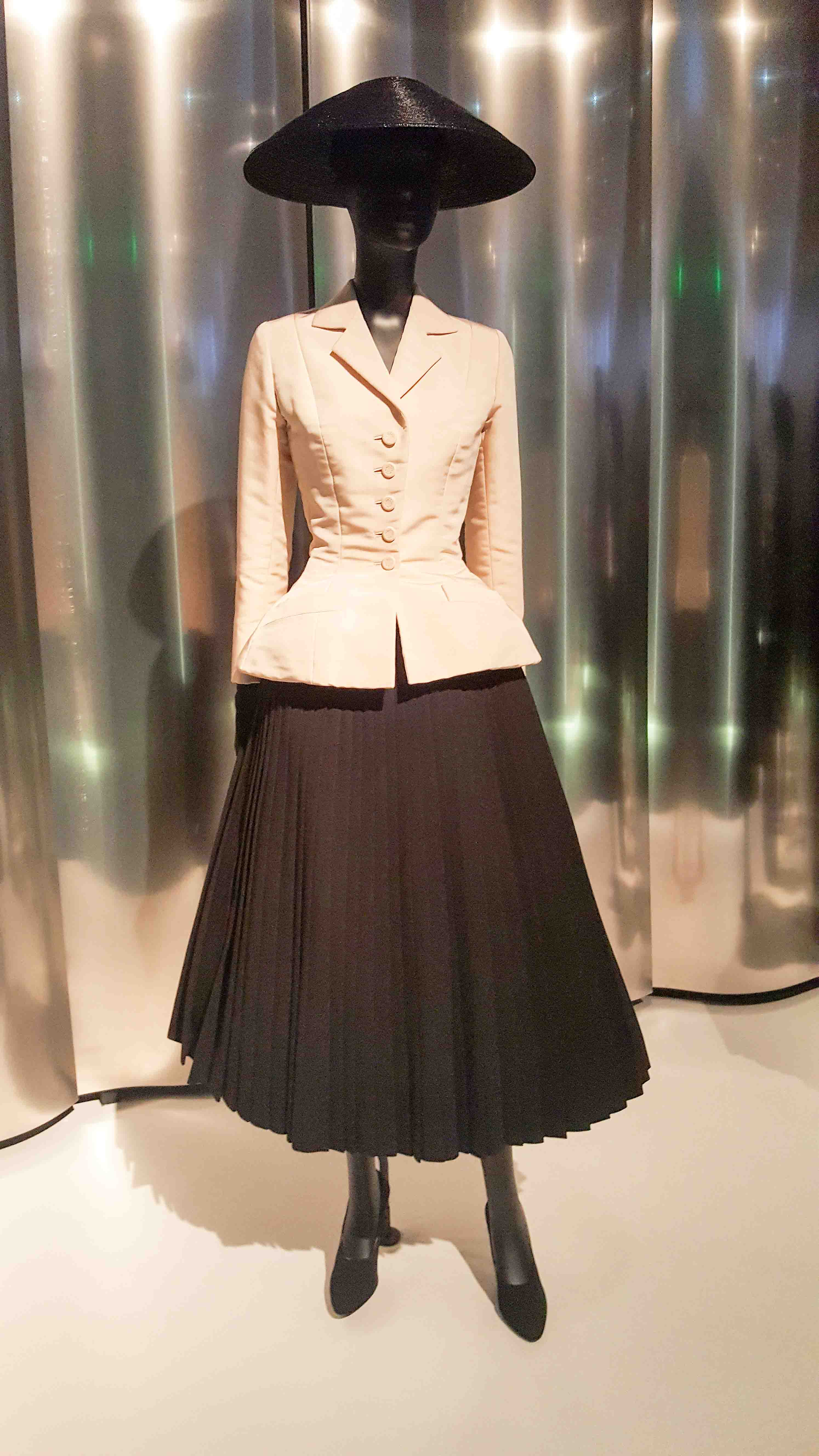I’m sure many of you are familiar with the opening to Beethoven’s Fifth Symphony. It starts with “Dah-Dah-Dah-Duh.” Listen here.
Today, some people refer to Beethoven’s masterpiece as the “Victory Symphony.” Oh, and for some of you familiar with the movie, The Longest Day, you’ll recognize it as one of the back ground themes to this well-done account of D-Day ⏤ 6 June 1944. Watch the opening scene here.
During World War II, the BBC came up with the idea of opening its nightly broadcast to the occupied countries with the “Dah-Dah-Dah-Duh.” Was it coincidental that the four-sound phrase was Morse code (“dot-dot-dot-dash”) for the letter “V” which the British equated to Victory and Churchill’s famous hand signal? Was it coincidental that “V” is the Roman numeral for five or the fifth (as in symphony)? One thing I know is that it wasn’t coincidental that this striking sound alerted the French Resistance to pay close attention to that evening’s messages.

Did You Know?
Did you know that before Christian Dior (1905-1957) founded his world renown fashion house in 1946, he designed clothes for the wives, daughters, and mistresses of Nazi officers stationed in Paris? At the same time, his sister, Catherine, worked for the French Resistance. She was arrested in June 1944 and deported to KZ Ravensbrück concentration camp and several sub-camps of KZ Buchenwald where she survived the war. However, Christian and Catherine’s niece, François Dior (daughter of Raymond Dior, a radical Communist), married the neo-Nazi, Holocaust denier, Colin Jordan in 1963. After the wedding ceremony, the couple gave the Nazi salute and mingled their blood over a copy of Mein Kampf, the book written by Hitler in the 1920s. François funded the creation of the French chapter of the World Union of National Socialists (a neo-Nazi organization) and supported former Waffen SS officers during the 1960s. Watch the wedding newsreel here.

Back to Christian Dior ⏤ his first post-war fashion featured dresses that were voluptuous and curvaceous with boned, busty bodices, tiny waists, and long, sweeping skirts. Some women complained the dresses covered up their legs. Dior called this collection the Corolle or, circlet of flower petals. Coco Chanel called it crap. She said, “Only a man who never was intimate with a woman could design something that uncomfortable.” Christian Dior had the last laugh. Women flocked to buy his “new” fashions. Dior had bet wisely that women in the post-war wanted something new that would make them forget the drab years of the German Occupation. Ironically, Coco Chanel was run out of town as a highly visible Nazi collaborator (and possible spy – read the blog Coco Chanel Nazi Collaborator or Spy? here).

Competing Radio Stations
The British, the Germans, and occupied France’s Vichy government competed every night for the attention of the French people. In the British corner was the British Broadcasting Corporation (BBC) while in France, the Nazis directly controlled Radio-Paris (116, avenue des Champs-Élysées) and Vichy broadcast over Radio Vichy from the Unoccupied Zone. The primary purpose of the BBC broadcasts was to lift the spirits of French citizens and provide information concerning the Allied war progress. With time, sophisticated messages to the French Resistance were included in the evening broadcasts. The programs emanating from Paris were intended to promote Nazi propaganda while Vichy primarily used their radio station for political purposes such as framing its collaboration with the Nazis in a positive way, denouncing Charles de Gaulle and the Free French as traitors, positioning the British as the enemy of France, and justifying the government’s new anti-Semitic laws. Read More “Dah-Dah-Dah-Duh”

